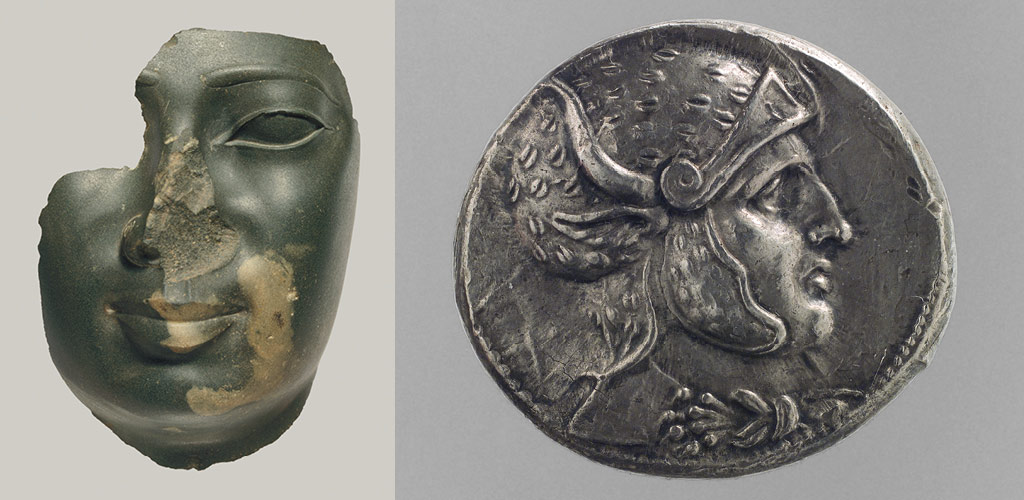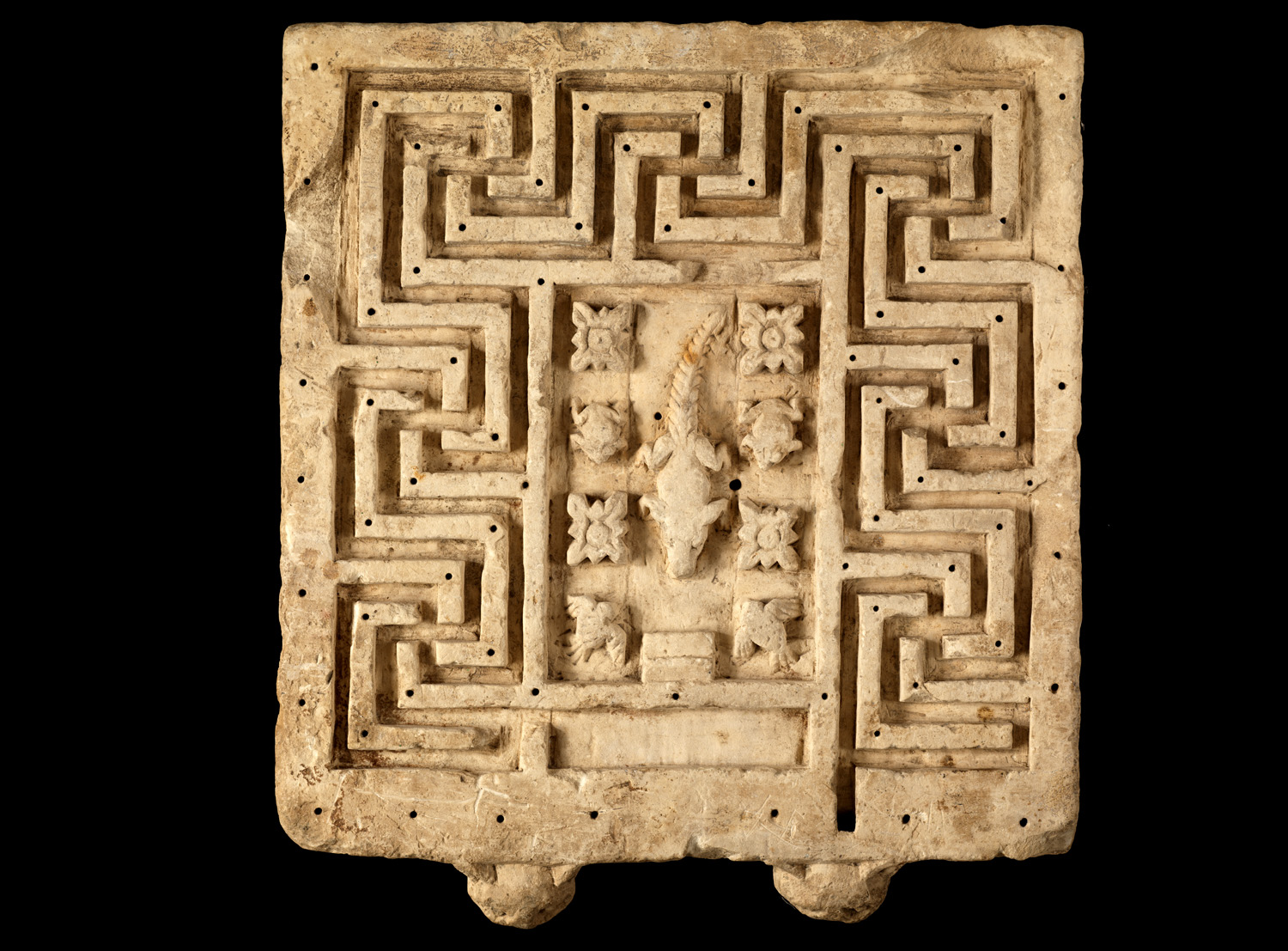Originally posted by makedonin
View Post
Archaeology of the Ancient World
Collapse
X
-
Greek was put in quotation marks because the modern term "Greek" does not apply retrospectively.Originally posted by afterhours View PostEllene....btw, why do you put Greek in quotation marks?
Could you give us an example of Attic Ellene, did the ancients themselves call their dialect "Attic Ellene"?Macedonian Truth Organisation
Comment
-
-
Who else of the rest of the Hellenes did adopt Attic Greek cause of it's sophistication?Originally posted by afterhours View PostNot necessarily! Attic Greek was more sophisticated. The language of the elite.
Back your comment with some sources please!To enquire after the impression behind an idea is the way to remove disputes concerning nature and reality.
Comment
-
-
Was there a solid consensus on this in antiquity? Did every city-state regard Attic as the dialect of the elite? By the way whom were the "elite" in the ancient city-states?Originally posted by afterhours View PostNot necessarily! Attic Greek was more sophisticated. The language of the elite.Macedonian Truth Organisation
Comment
-
-
Can you elaborate? I'm not following.Originally posted by Daskalot View PostGreek was put in quotation marks because the modern term "Greek" does not apply retrospectively.
Sure! Just read Plato or Aristotle.Originally posted by Daskalot View PostCould you give us an example of Attic Ellene, did the ancients themselves call their dialect "Attic Ellene"?
I don't think they called their language Attic. It's called Attic due to the region where the Attic dialect was spoken.
Comment
-
-
Th Athenians...they were kind of like snobs.Originally posted by Daskalot View PostWas there a solid consensus on this in antiquity? Did every city-state regard Attic as the dialect of the elite? By the way whom were the "elite" in the ancient city-states?
No, not every city-state adopted Attic, but the Macedonians did.
Comment
-
-
First, the Macedonia was no city state but a Kingdom!Originally posted by afterhours View PostTh Athenians...they were kind of like snobs.
No, not every city-state adopted Attic, but the Macedonians did.
Second, you fail to number any city state adopting Attic Greek.
Please provide example of city state that adopted Attic Greek, in the same manner that you suggest that Macedonians did adopted it.To enquire after the impression behind an idea is the way to remove disputes concerning nature and reality.
Comment
-
-
The ancients from the city-states did not call their language "Greek", they called it Ellene as you yourself state, thus the modern use of the term "Greek" does not apply retrospectively.Originally posted by afterhours View PostCan you elaborate? I'm not following.
Aha, so how did the ancients from the city-states whom spoke the Attic dialect note this in their writings, because there was also a Doric dialect etc., so the two were not mixed up.Originally posted by afterhours View PostSure! Just read Plato or Aristotle.
I don't think they called their language Attic. It's called Attic due to the region where the Attic dialect was spoken.Macedonian Truth Organisation
Comment
-
-
How do you know that the Athenians were snobs? Is this noted in literature and does this automatically equate that they are the "elite"?Originally posted by afterhours View PostTh Athenians...they were kind of like snobs.
No, not every city-state adopted Attic, but the Macedonians did.Macedonian Truth Organisation
Comment
-
-
Sticking to the topic of this thread, this is from the Louvre.
Sarcophagus of Dioscorides, a Greek Egyptian
Dioscorides was a general under Ptolemy VI, and is well known from a number of Greek papyri. Despite being a member of the Greek élite that governed Egypt at the time, he chose to be buried according to local Egyptian custom. He had his dark stone sarcophagus finely engraved, at appropriate places on the body, with religious inscriptions taken from the ancient Egyptian Book of the Dead.
Comment
-
-
So you choose to stay on topic when you get cornered. Funny lad.Originally posted by afterhours View PostSticking to the topic of this thread, this is from the Louvre.
I really do think you should take the time and answer the questions posed, if you took the time to start them then you ought to answer them to.Macedonian Truth Organisation
Comment
-
-
Originally posted by makedonin View PostFirst, the Macedonia was no city state but a Kingdom!
Here is what the Metropolitan Museum of Art in New York has to say.
List of Rulers: The Ancient Greek World
 “An abridged list of rulers for the ancient Greek world concentrating on the Hellenistic age (323–31 B.C.), after the time of Alexander the Great. In the preceding centuries, Greek city-states were governed by a variety of entities, including kings, oligarchies, tyrants, and, as in the case of Athens, a democracy.”
“An abridged list of rulers for the ancient Greek world concentrating on the Hellenistic age (323–31 B.C.), after the time of Alexander the Great. In the preceding centuries, Greek city-states were governed by a variety of entities, including kings, oligarchies, tyrants, and, as in the case of Athens, a democracy.”
The following abridged list of rulers for the ancient Greek world is primarily for the rulers of the Hellenistic age (323–31 B.C.), after the time of Alexander the Great. In the preceding centuries, the dominant geopolitical unit was the polis or city-state. Greek city-states were governed by a variety of entities, including kings, oligarchies, tyrants, and, as in the case of Athens, a democracy.
Comment
-

Comment